
GISMA School of Business was established in 1999 as a joint initiative by the German state of Lower Saxony and several large private-sector companies. It is one of six AMBA-accredited B-schools, which is popular for its research contribution and modern facilities. GISMA has been ranked top 20th in the World by the Economist in 2017 and offers a variety of undergraduate and postgraduate degrees, including MBAs.
GISMA is home to students from over 40 countries, and they are spread across five campuses in Germany and the UK. GISMA was awarded 18th rank in the year 2019 by the America Economia ranking list considering the teaching and research outcomes. Students pursuing their education in GISMA will not have a language barrier as all the programs offered by GISMA are taught in the English language.
Why study MBA at this school?
GISMA is one of the top-ranked business schools in Germany. The school offers a 25% to 30% discount to international students in terms of tuition fees. The European business school ranking 2019 awarded the GISMA school of business 25th position considering the research outcomes and the quality of education.
Over 69% of MBA graduates of the GISMA business school are recruited by the best companies around the world, with an average annual remuneration of € 62,000. GISMA business school is partnered with various other educational institutions around the world to provide the best quality of education and resources.
Partners of GISMA include the prestigious Grenoble Ecole de Management, a triple-accredited French business school, Kingston University, and the University of Law, which are based out of the UK.MBA at the GISMA is an AMBA-accredited programme, an honour shared by only five other German business schools and 2% of business schools worldwide.
What are the career prospects after graduation?
Completing an MBA from a prestigious B-school like the GISMA will help the students land the best career opportunities in the top companies around the world. Graduates from this school take on the role of marketing, entrepreneurship, finance, finance management, corporate finance, and global innovation.
Following are the top career opportunities available for GISMA business school graduates :
- A global supply chain manager
- International management consultant
- International trade policy advisor
- Regional business manager
- International marketing manager
- Global digital marketing manager
Eligibility
- Letters of recommendation
- Statement of purpose
- English proficiency test score
- Studying German is not necessary
- GMAT is not necessary
- IELTS with an overall band score from 6.0
- Undergraduate degree from a recognised university
- A minimum work experience of 3 years
- Personal Interview
- Job reference
Fees
The average tuition fee at the GISMA School of Business will be around €18,000 per year, and this includes tuition fees and also material charges, but this doesn’t include housing or other expenses. Students can pay the fee in up to six installments if required.
Scholarship options
GISMA Business School offers a myriad of scholarships, and the business school also offers around 25% early bird discounts exclusively for international applicants. Even though the school does not offer full scholarships, students can look for scholarships offered by the government, non-government, public, and alumni associations.
Following are a few scholarships that students can apply for while studying at GISMA :
- Marie Curie International Incoming Fellowships
- Kurt Hansen Science Scholarships
- DRD Scholarships for Sub-Saharan Africans
- Heinrich Boll
- Humboldt Research Fellowships
- DAAD Scholarship
- FRIAS Cofund Fellowship Programme for International Researchers
- Einstein International Postdoctoral Fellowship
- KAAD Scholarships for Developing Countries
- Kofi Annan MBA Scholarships for Developing Country Students

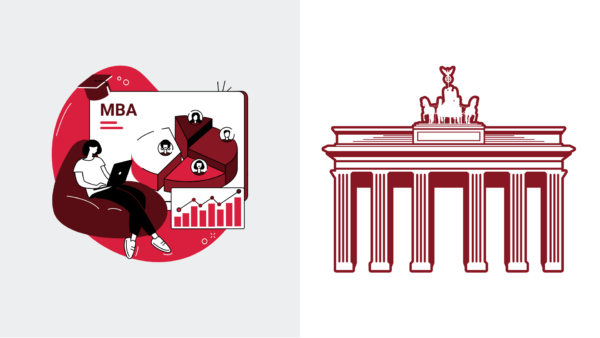
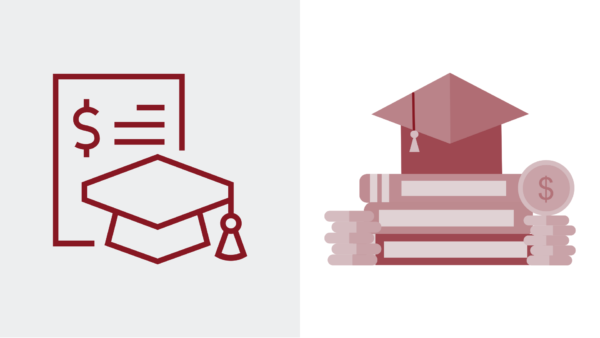


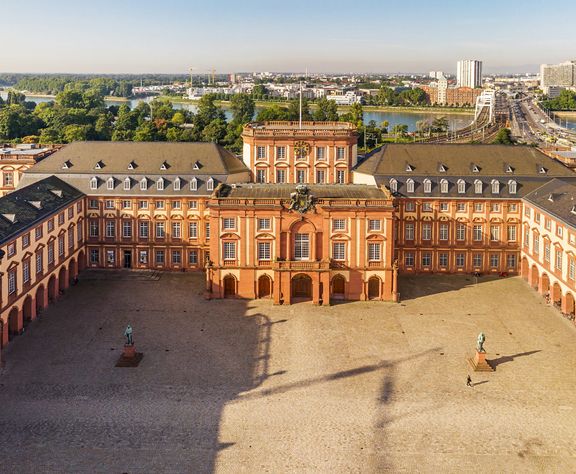
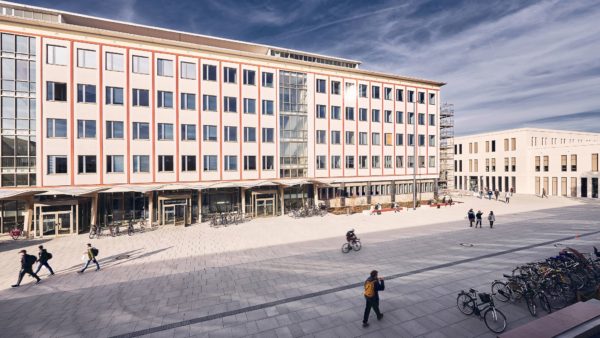




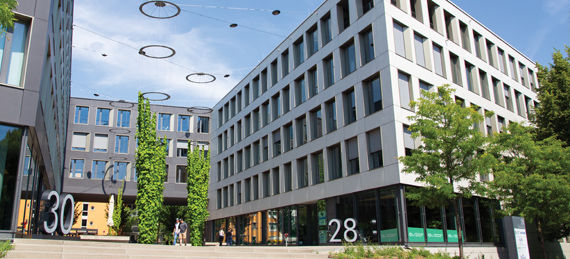
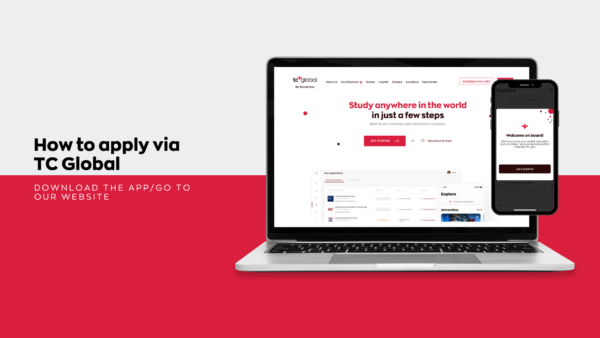

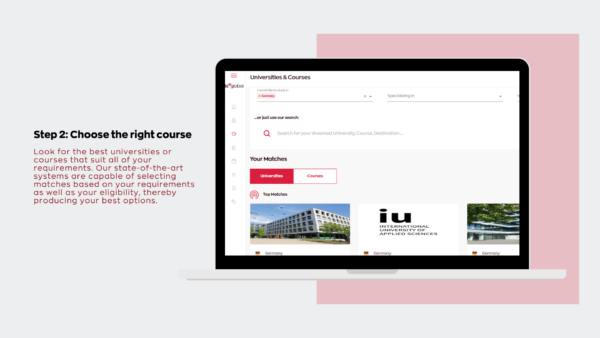
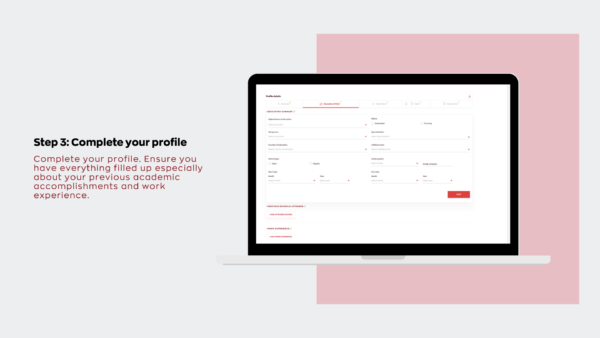
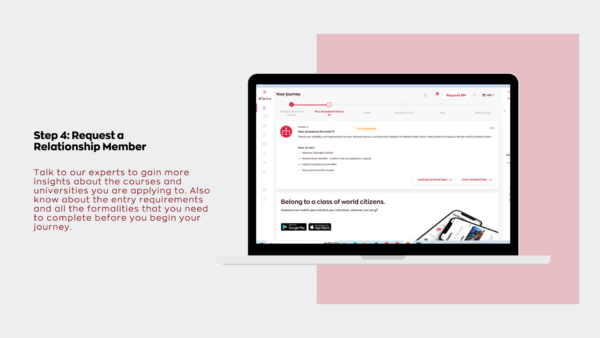






![Best Universities in New Zealand for International Students [2025 Rankings]](https://tcglobal.com/wp-content/uploads/2025/09/Best-Universities-in-New-Zealand-for-International-Students-2025-Rankings-600x338.png)